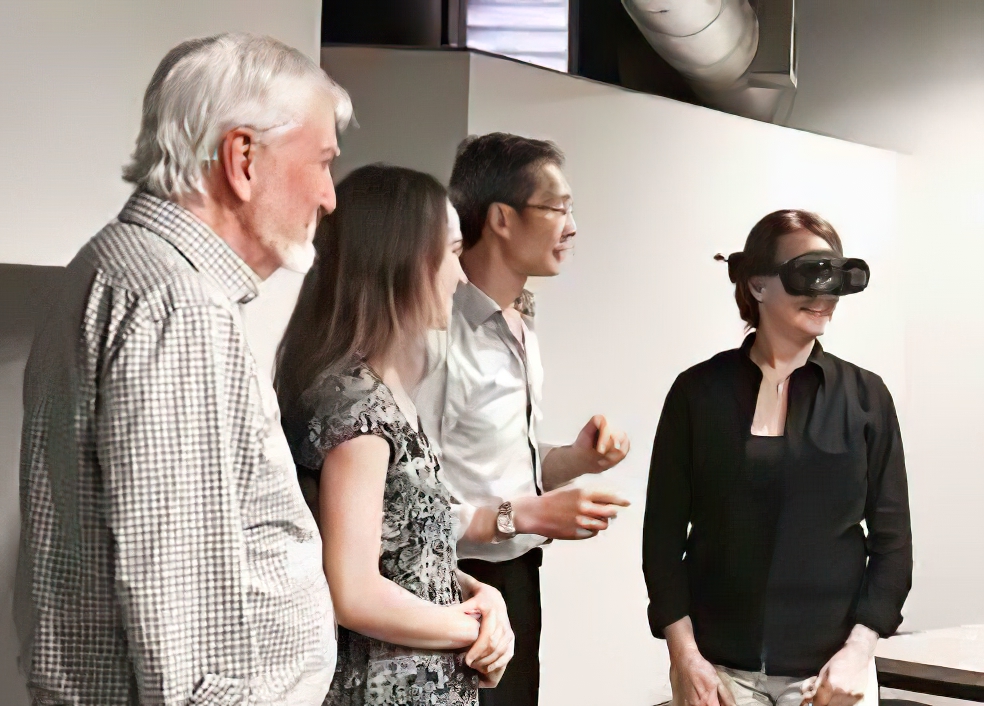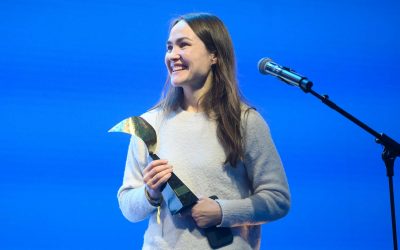The entorhinal cortex and hippocampus, regions in the brain’s medial temporal lobe, are the first to exhibit neurodegeneration in Alzheimer’s. Work pioneered by Nobel Laureate Prof John O’Keefe (UK DRI Associate Member at UCL) has identified that neurons in these regions, such as entorhinal cortical grid cells and hippocampal place cells, exhibit spatially-related activity which is thought to underpin spatial behaviours such as navigation. By studying entorhinal cortex-hippocampal function in animal models of disease, and in human cohorts, Prof Duff and her co-investigators will establish how Alzheimer’s pathology at the cellular level may result in the cognitive changes that herald the onset of dementia.
Dr Krupic explains:
“We want to establish whether, in line with the most recent finding from Professor Chan, the impairment in a mouse’s ability to navigate to a goal using a path integration strategy is one of the first observed cognitive impairments in mouse models with Alzheimer’s disease pathology. Ultimately, we aim to identify which networks in the hippocampus and entorhinal cortex underly these deficits. This work in mice will help us to interpret the results we observe in human patients, design more sensitive cognitive tests associated with the preclinical stage of the disease, and finally identify potential treatment targets.”








